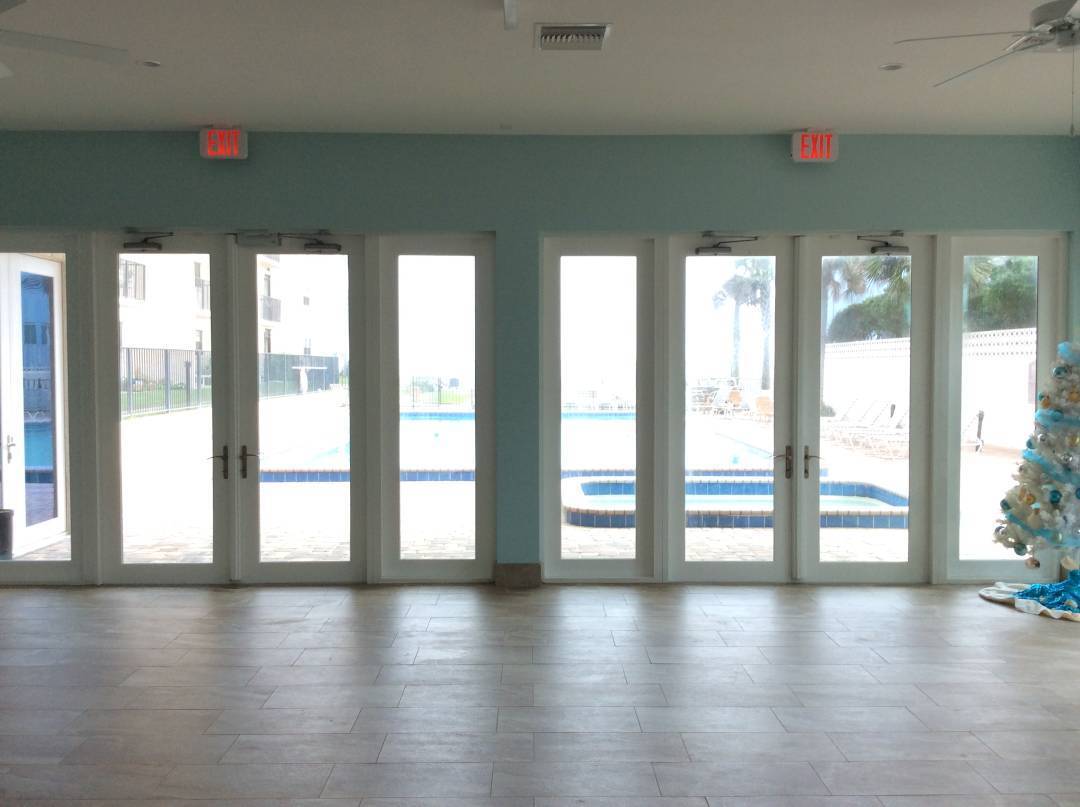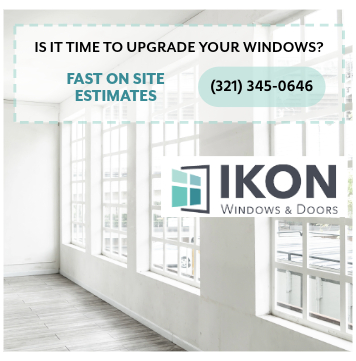
Florida’s unique geographic location and climate make it prone to severe weather events, particularly hurricanes. As a result, the state has meticulously developed building codes aimed at ensuring structures can withstand extreme conditions.
Among these are specific regulations regarding impact doors, which play a critical role in safeguarding homes and businesses from wind-borne debris.
This post delves into how Florida building codes influence the design and installation of impact doors.
Understanding Florida Building Codes
The Florida Building Code (FBC) is a set of standards that governs construction practices across the state. It was developed in response to the devastating hurricanes that have frequently struck Florida, recognizing that building integrity is paramount for public safety.
The FBC outlines requirements for structural integrity, safety, and general building practices, which includes provisions for doors and windows designed to withstand wind pressure and resist impact.
The Importance of Impact Doors
Impact doors are specially designed to offer superior protection against high winds and flying debris. When installed correctly, they can prevent extensive damage during severe weather events, contributing significantly to the safety of homes and businesses.
Key Components of Florida Building Codes Related to Impact Doors:
Testing Standards:
- The FBC mandates that impact doors must be tested under specific conditions to ensure they can withstand hurricane-force winds and debris. Testing usually follows standards set by the American Society for Testing and Materials (ASTM) and the American National Standards Institute (ANSI). The Miami-Dade County Product Approval process is also a benchmark for testing, where products are evaluated for impact resistance.
Hurricane Zones:
- Florida is divided into different hurricane zones, classified according to the wind speeds they are expected to experience. Building codes specify different design pressures for impact doors based on the zone. Coastal regions typically face stricter standards due to higher wind speeds, while inland areas may have slightly relaxed requirements.
Material Specifications:
- Impact doors must be constructed from durable materials that can resist impact without shattering. Common materials include laminated glass, metal, and heavy-duty PVC. Florida building codes provide guidelines on the minimum acceptable grade of materials to ensure they meet strength and impact resistance requirements.
Design Specifications:
- The codes also dictate certain design aspects of impact doors, such as frame construction, hardware, and sealing methods. Proper framing is crucial for maintaining structural integrity. The design must account for wind loads, and any hardware used must be resistant to corrosion, particularly in coastal areas with high humidity and salt exposure.
Installation Requirements:
- The installation process for impact doors is rigorously defined within the building codes. Proper flashing, sealing, and anchoring methods are necessary to prevent water intrusion and ensure the door remains structurally sound during storms. Certified installers familiar with Florida’s building codes must carry out the installation to avoid potential liabilities.
Building Permits and Inspections:
- Homeowners and contractors must obtain proper permits to install impact doors. The local building department conducts inspections to ensure that installations comply with the FBC. This step is crucial to achieving proper certification and ensuring the building’s safety against severe weather.
Benefits of Complying with Florida Building Codes for Impact Doors
Enhanced Safety:
- The primary goal of these codes is to protect life and property. By ensuring that impact doors meet specific standards, Florida increases the safety of its residents during hurricanes.
Insurance Compliance:
- Many insurance companies require compliance with local building codes to qualify for certain policies or lower premiums. For homeowners, installing code-compliant impact doors can lead to significant savings on insurance costs.
Increased Property Value:
- Homes equipped with impact doors that meet Florida’s building codes often have a higher resale value. Prospective buyers are typically willing to pay more for homes that offer better protection against the elements.






Leave a Reply
You must be logged in to post a comment.